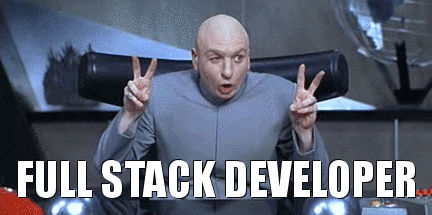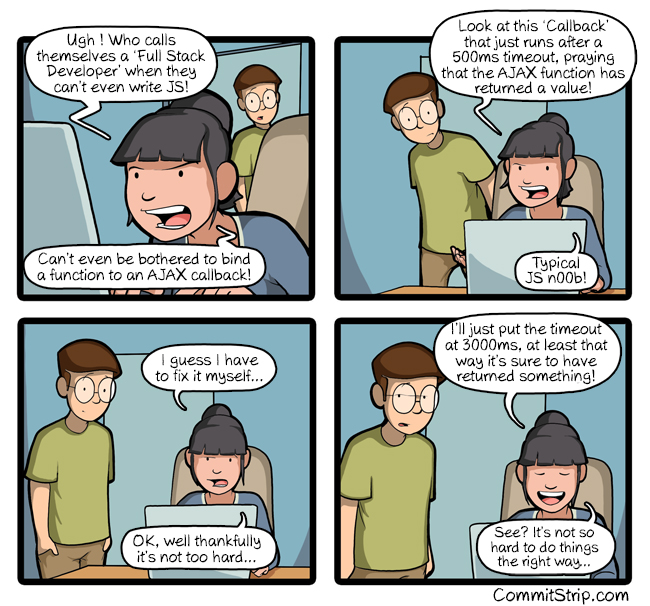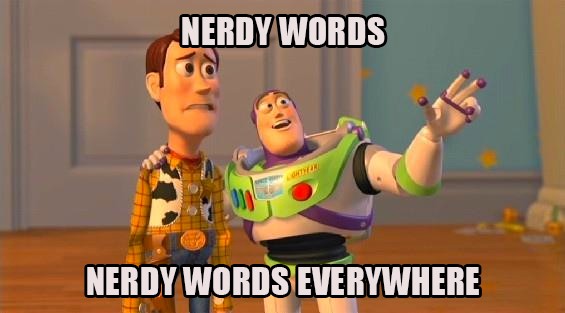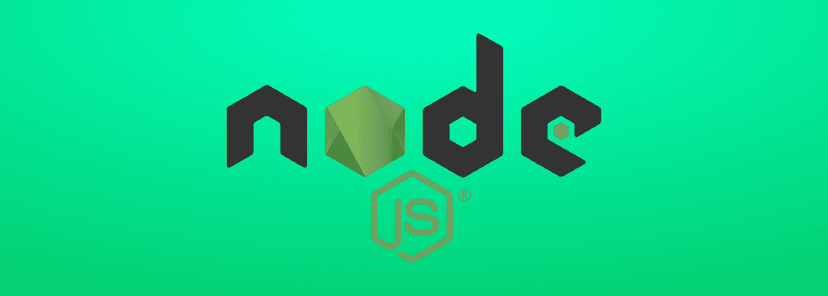Truth About Being a Full-Stack Developer 👩💻

As stated by CodeUp, A full-stack developer is simply someone who is familiar with all layers in computer software development. These developers aren’t experts at everything; they simply have a functional knowledge and ability to take a concept and turn it into a finished product. I would like to iterate over what it takes and means to be a full-stack developer:
It’s never too late to become a full stack developer
A person can always take advantage of the time they have on their hand to teach themselves the specific set of skills to become proficient at a given stack that they can capitalize on. Being a self-taught developer myself, I have been through that path and in my opinion, the path is hard but it’s definitely fun! A developer should always have a look out for in-demand skill in the market because the world is changing and the programming world is at the forefront of this. Software development is changing very rapidly and if you want to make big money, you’ll need to know the technologies that the companies and customers want.

Apart from work, people have to spend a fixed amount of time to enhance their skills on a daily or weekly basis.
More freedom then you expect
A lot of people think that everything will be spelt out for you as a developer but that definitely is not the case. You might have general guidelines, especially in an Agile environment, but most of the times it is up to the developers to figure out how to build the solution that the customer needs. I would also want to point out that a person learns a lot in this process by making great decisions and by making some awful decisions. Know that you’re always out there learning.

Everything takes longer than expected
Even if you’re quite a planner and have everything jotted out, note that there will always be external entities that will cause unexpected delays and derailment of the project, which could be a simple change in the requirements or additions of a simple feature that usually comes up with scope creep type of customers. To make money in software development, you always need to build and sell quickly, hence, you’ll always need to be on your toes contemplating and managing expectations correctly.
Stacks are not what they used to be!
Stacks are a lot bigger than what they used to be, and being able to claim one has acquired refined skills at every layer of web development is certainly not a small claim. Back in the early days, full-stack used to mean fewer layers. Coding PHP or Python, jQuery, HTML, CSS then transferring a few files via FTP to your shared hosting account or dedicated server with a bit of MySQL skills. You were full-stack. But the world has come a long way from that.
Nowadays, we are talking about architecting a modular Angular/React front-end with responsive UI and mobile-first in mind, while optimizing CDN services and preprocessing setup for CSS. Followed by implementing an async non-blocking backend setup with RESTful services which follows a standard protocol, which then integrates to a relational/non-relation database solution with the right entities and relationships. Which will then be pushed to Cloud clusters ( AWS, Azure, DO etc.) with security and scalability in mind. Tools for monitoring (Nagios, opBeat etc.) and deployment tools (Jenkins, PM2, Forever etc.) for continuous integration are always as an added bonus. In all this, you definitely cannot overlook the quality assurance of your application, hence you might also have to implement automated test scripts using testing frameworks such as (Selenium, Mocha, Chai etc.). Apart from these, there will always be a need for auxiliary developments and tools depending on the domain of the project at hand.

So, taking these into account, the part of true mastery is tough to achieve as a full -stack developer but he/she should never stop trying and evolving._
Open source and not building from scratch
As a developer, when a requirement comes in, we are always excited to start building the solutions head-on. But sometimes, we should slow down and see the open source world for solutions and modules. It could be more like shopping to cook the right dish. Why reinvent the wheel when the wheel is there and in perfect conditions.
The employability of a true full-stack developer: HIGH.
Developers are often forced to acquire new skills when the resources simply aren’t available. Nonetheless, small businesses, start-ups, and even big companies prefer hiring stack-developers. You must have noticed the demand for employees who are good at multitasking, and who know a little bit of everything, in all professional domains.

Always remember that you might not bee a “JavaScript rockstar”, “Elasticsearch ninja”, “MySQL guru”, “Devops maniac”, or “Mobile wrangler”, but being full stack means you spread your wings, test out different technologies, and offer alternative, uncommon solutions to your clients.
Happy Grizzly 🐻 Coding!

Related Posts

What's New in Node.js 24 (And How to Upgrade Your Codebase Smoothly)
Node.js 24 is here with game-changing features like V8 13.6, Float16Array, explicit resource management, WebAssembly Memory64, and npm 11. Learn what's new and how to upgrade smoothly.
Use Hook in React 18
This blog post focuses on the new experimental feature in React 18 called the use hook. It explains how the use hook can be used to create custom hooks that can be reused across different components, simplifying state management and making code more modular.
Optimal SEO Performance for NextJS
In this blog post we'll explore how Next.js can help you optimize your website for search engines From server-side rendering to automatic code splitting we will cover all the features that make Next.js a powerful tool for SEO optimization